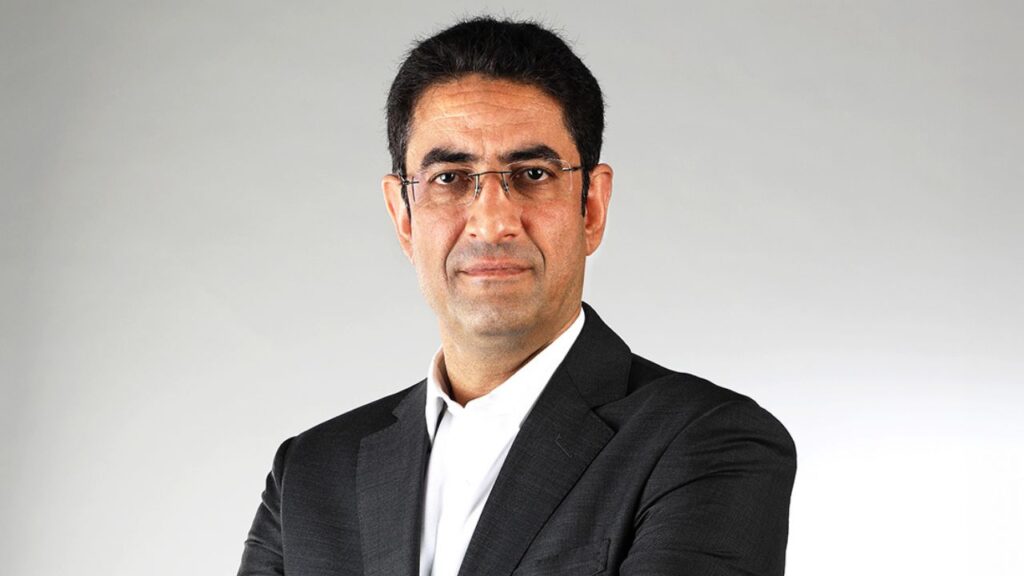1. What’s your leadership mantra in the fast-evolving tech landscape?
Adaptability and clarity. Tech moves fast, but the fundamentals of leadership remain the same. You need to be open to change, data-driven, and customer-focused but above all – you must have a clear sense of purpose. My job is to ensure the team is aligned on that purpose, empowered to act, and equipped to innovate.
2. How do you inspire and motivate your team during challenging times?
I focus on transparency and resilience. In tough moments, I remind team of our collective mission and the impact of their work. I share both wins and setbacks, creating a culture where people feel valued and motivated to push through. It’s about making sure they know their work matters and that we are in this together.
3. In an era of AI and automation, how do you see the role of human leadership evolving?
AI can replace many processes, but it can’t replicate the human capacity for empathy, judgment and vision. The role of leaders will be to leverage technology without losing sight of the human element. We need to be the bridge between data and purpose, guiding teams to innovate while remaining ethical and human-centered.
4. Tell us about a major screw-up in your career—what went wrong and what did you learn?
I launched a product in my hey days without fully validating the market demand. We rushed in, driven by excitement and a bit of under preparedness. It didn’t perform as expected, and it was a tough but valuable lesson in humility. I learned to slow down, listen to the market, and prioritize customer insights over sheer speed.
5. What’s a mistake you see many young tech entrepreneurs making?
Many focus too much on marketing and branding while overlooking the importance of delivering a standout product experience. I’ve seen startups burn through budgets trying to build hype without truly understanding customer needs. It’s easy to get caught up in storytelling, but if the product doesn’t deliver, the story quickly falls apart. Balancing product innovation with market positioning is critical.
6. How do you handle failure, and how do you encourage a failure-friendly culture?
I don’t just accept it – I anticipate it and prepare for it as much as possible. I focus on learning quickly, iterating, and moving forward. In my team, I encourage risk-taking by celebrating lessons learned, not just outcomes. It creates a fearless culture where people push boundaries without fear.
7. What’s the next big disruption you foresee in the tech industry?
I believe the convergence of AI, IoT, ML and 5G will redefine connectivity. We are fast moving towards a world where software and data-driven insights take the lead. Devices will not just be smart but intuitive, capable of anticipating needs and delivering highly personalized experiences. This shift will disrupt traditional industries and create new business models. Sustainability tech will also play a massive role as companies innovate to reduce their carbon footprints and build greener, more resilient systems.
8. How do you unplug from the tech world? Or do you? Any non-negotiable habits?
Yes, I unplug. It’s essential. I prioritize family time, physical fitness, and reading. These habits ground me, providing the perspective and energy needed to lead effectively. It’s about striking a balance – being deeply invested but also knowing when to disconnect and recharge.
9. What books changed your perspective on leadership and technology?
“The Innovators” by Walter Isaacson for its lessons on collaboration and innovation. I also draw inspiration from leaders like Strive Masiyiwa, who transformed the African telecom sector, and N.R. Narayana Murthy, who built one of India’s most respected global companies, Infosys, through a culture of transparency and customer-centric innovation. Both exemplify how technology can drive social change and economic growth through purposeful leadership.
10. Podcasts and inspiring quotes that you want to recommend our readers?
Podcasts like “How I Built This” and “The Tim Ferriss Show” offer great insights into entrepreneurship and personal growth. For a broader perspective, “The Knowledge Project” and East Asia-focused shows like “Asia Tech Podcast” provide valuable lessons on scaling businesses in rapidly growing markets. As for quotes, one I often come back to is, “The best way to predict the future is to create it” – it’s a reminder that we shape our own paths through action and vision.


